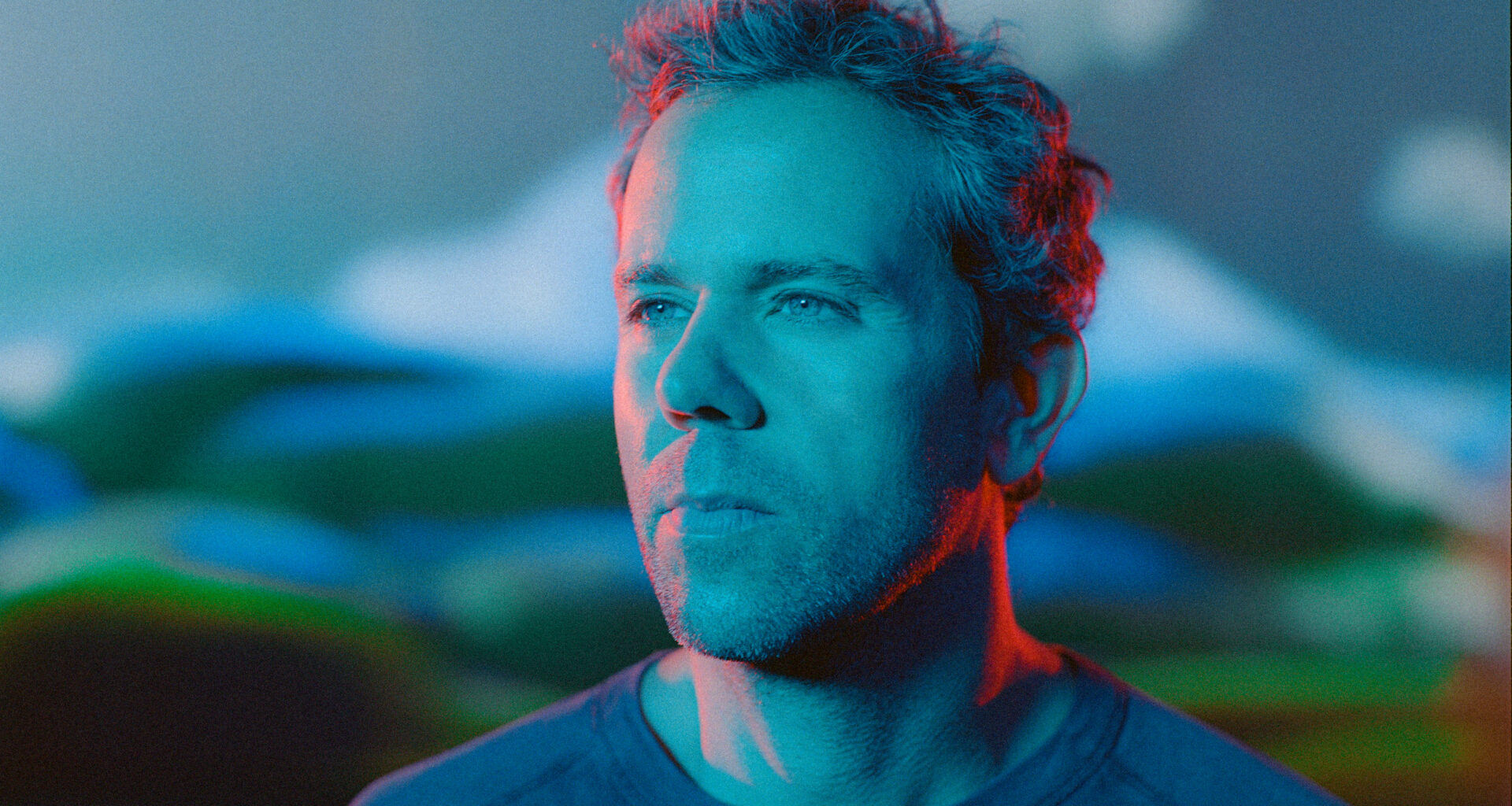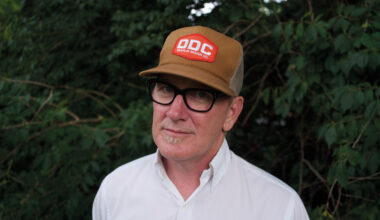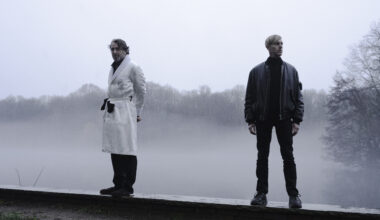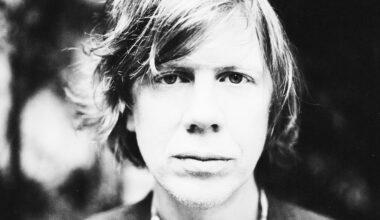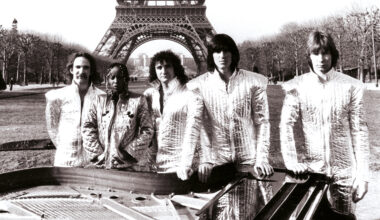French sonic adventurer Anthony Gonzalez muses on the lush escapism of the new M83 album, ‘Fantasy’, reflecting on the wonder of teenage dreams, the influence of cinema and suffering for his art
Want to read more?
Sign up to Electronic Sound Premium to gain access to every post, video, special offers, and more. 100%, all you can eat, no commitment, cancel any time.
Already a premium member? Log in here
